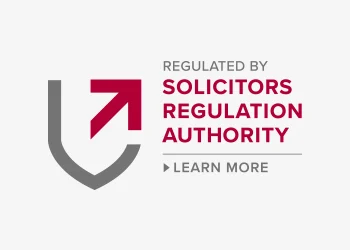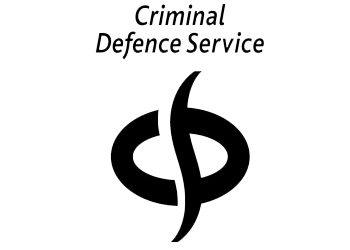The UK’s food industry operates a strict framework of laws designed to ensure public health, maintain quality and uphold customer trust. For takeaways, restaurants and caterers, compliance is not only a legal requirement, but also essential for both reputation and customer satisfaction.
At Evan Moore Solicitors, this month’s blog looks at the UK’s food standards and the legalities for hospitality businesses. Call our solicitors in West London on 0208 0900 806.
Charged With a Criminal Offence? We Can Help, Contact Us Today!
Food Safety Act 1990
The Food Safety Act 1990 is the cornerstone of UK food law. This Act ensures that all food sold is safe to eat, is accurately described and is of a standard which consumers would expect.
Offences include selling food that is harmful or unfit for consumption, and misleading consumers through inaccurate labelling. If you are in breach of the Act, you may face fines, product recalls, or in severe cases, imprisonment.
Food Hygiene (England) Regulations 2006
These regulations are some of the most important sets of food hygiene regulations in the UK. They emphasise the importance of maintaining high standards in food premises.
This applies to the cleanliness of kitchens, storage areas and serving spaces. It also includes the safe handling and preparation techniques to avoid contamination. Additionally, staff must follow hygienic practices, such as wearing protective clothing and maintaining handwashing routines.
Food Information Regulations 2014
The Food Information Regulations 2014 enables local authorities to enforce the law that requires business to provide allergen information if any food contains any of the 14 allergens listed in the FIC regulations.
In 2021, Natasha’s Law introduced stronger rules by requiring the following:
Clear descriptive name of the food
A full list of ingredients that the food is made with
Allergen information (emphasised in the ingredients list) that is relevant
Food Hygiene Ratings
The Food Standards Agency operates the Food Hygiene Rating Scheme. This rates businesses on a scale of 0 to 5, based on compliance with hygiene standards. The rating covers the following:
Handling of food
How food is stored
How food is prepared
Cleanliness of facilities
How food safety is managed
Businesses that receive low ratings must make urgent or major improvements to their hygiene standards. If the food safety officer finds that a business’s standards are very poor and there is a risk to public health, this may result in closing the business down until it is safe to recommence.
Legal Risks of Non-Compliance
Failing to adhere to the UK’s food standards can lead to serious consequences. Local authorities can issue fines, enforce temporary closures, or even revoke your premises license.
Consumers harmed by unsafe food can file lawsuits, leading to compensation claims and legal fees. Also, severe breaches may result in criminal charges for business owners. Persistent non-compliance can also lead to more frequent inspections.
If You Need Legal Help Contact Evan Moore Solicitors
Contact us to find out more or to arrange a consultation with an experienced solicitor.
Contact Evan Moore Solicitors
For more information about our available services, please contact Evan Moore Solicitors. Call us in West London on 0208 0900 806. You can also send enquiries via our contact form.




